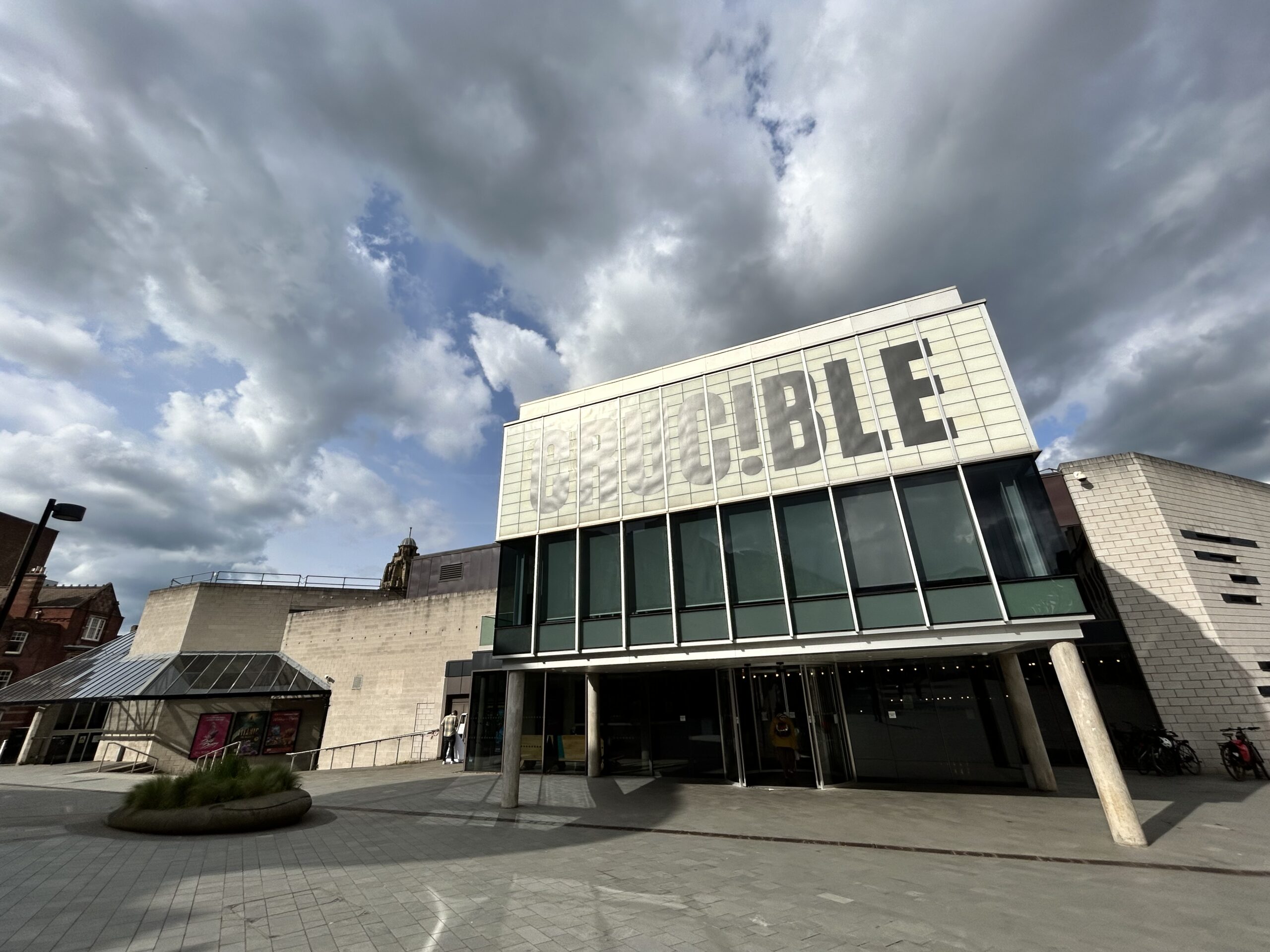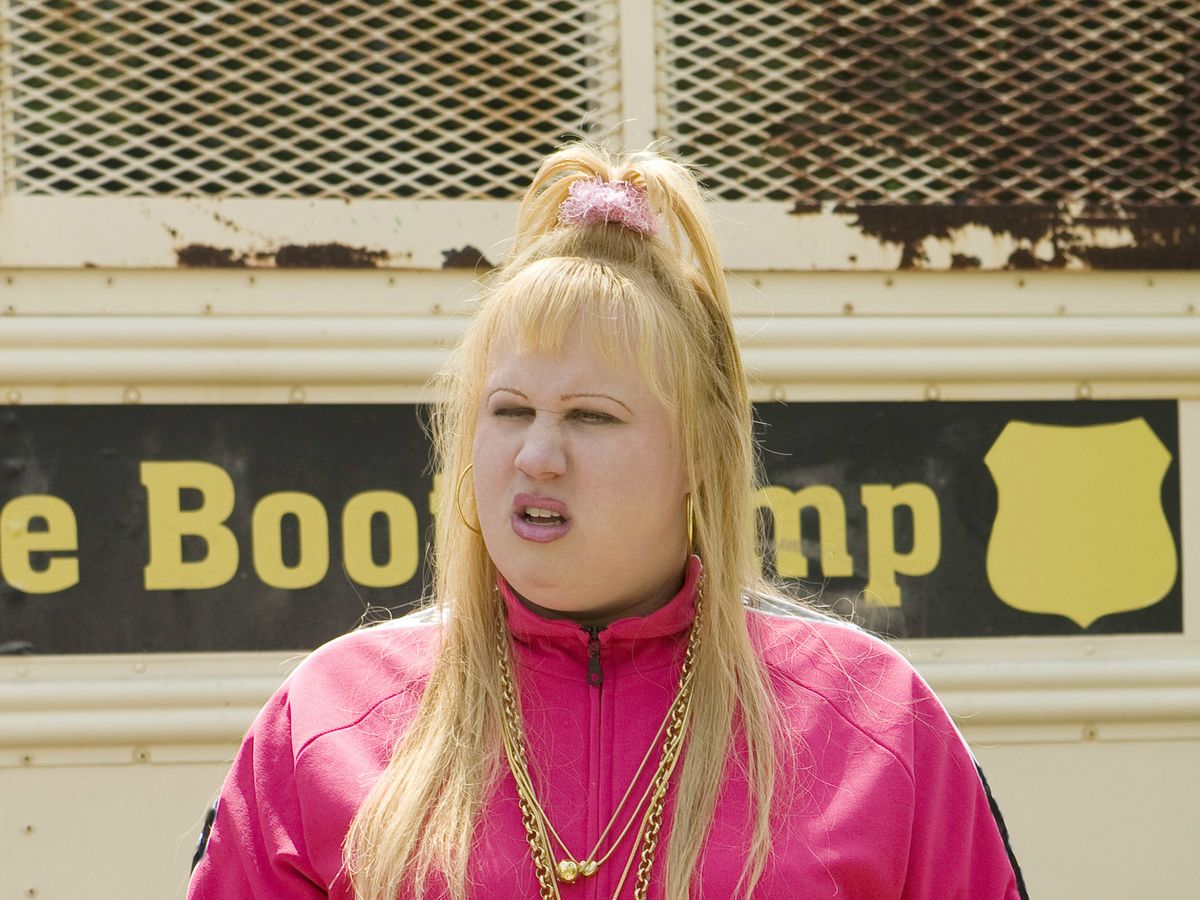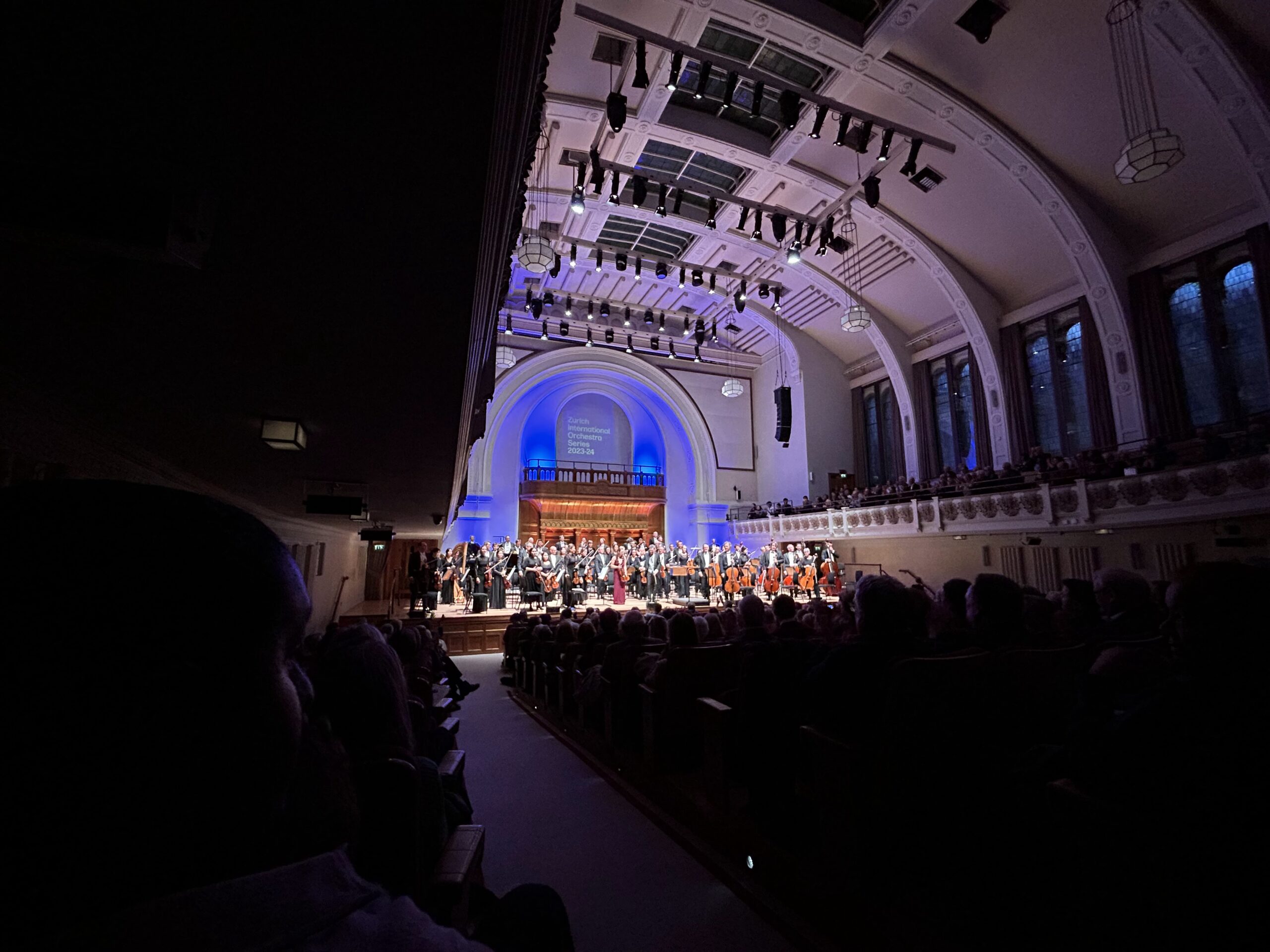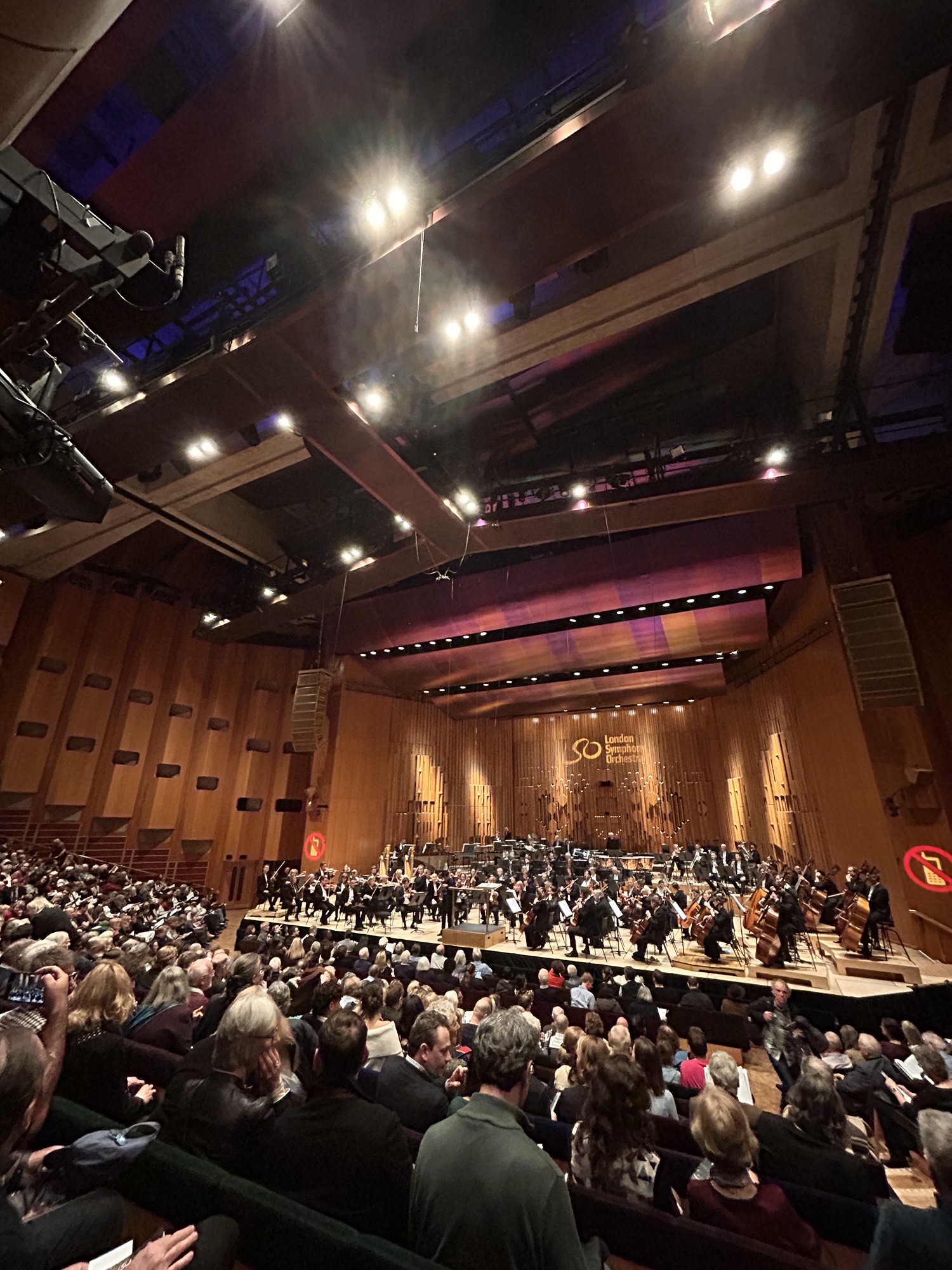After a two-hour journey from London north on East Midlands Railway, the most striking impression on arrival in Sheffield is its sense of self-assurance. The city’s identity draws heavily on its heritage. The heart of its industrial history is found on Kelham Island at the steelworks museum nestled in new housing developments springing up where factories used to be. Painted on the back of one of the remaining period buildings in the area, a mural depicting local-boy Jarvis Cocker.
In the centre of the city in the shadow of the town hall, hoardings proclaim the considerable investment in the city’s redevelopment – many hundreds of millions of pounds – of which culture, and specifically music, plays an important part. In various spots across the city, the city’s exhilarating chamber music festival pops up on electronic hoardings, members of Ensemble 360 joined by guest curator pianist Kathryn Stott, all beaming, wide smiles and all.

This is at odds with the UK-wide picture I have of music (in particular classical music) gleaned from social media and news reports. In Sheffield classical isn’t apologised for, people awkwardly trying to work out who or what it’s for. It’s here, playing an essential part in the cultural life of a city, a role pointed to by a council eager to position its city in the Levelling Up agenda.
This pride sets the tone. It’s also reflected in the Crucible Playhouse where most of the Chamber Music Festival events are staged. Be sure to read last year’s article exploring the unique experience audiences get seated in the round at the Playhouse. This year the warmth of the welcome provided by Kathryn Stott, ably introducing her concert programmes with just enough information as to ideas that drove them, makes all feel as though we’ve been invited round someone’s accommodating front room to hear friends perform for their nearest and dearest. There is enough ‘newness’ in the programming to make each concert an opportunity for discovery, and the eagerness of the audience to take up that opportunity in impressive percentage attendance for each event.

What us punters see in the constantly shifting performance space is a conveyor belt of indefatigable talent playing a range of music that is succinct and absorbing. There is rhythm and texture to revel in D’Rivera’s Cape Cod Files (a suite of short pieces written for clarinet and piano), JP Jofre’s bandoneon quintet Tangodromo, and sandwich in between, a five-minute excursion to a peaceful land in Shenandoah. Here in particular there’s a sense we’re witnessing some of the joy musicians experience working with one another, glances and smiles exchanged, music swirling all around. We’re all taken in by this theatrical duet. Then moments later as clarinettist Robert Plane sweeps in with his thick bushy eyebrows, eyes pass to the balcony where cellist Gemma Rosefield receives a post-performance hug of appreciation from violinist Claudia Ajmone-Marsan. A touching backstage moment visible to all, illustrating the humanity of it all.

Sheffield Chamber Music Festival Guest Curator, Kathryn Stott
When we meet for breakfast in Tampers Wheel in Sheffield, Kathryn Stott with her suitcase and bag parked alongside her, looks to all intents and purposes as though she is leaving for foreign climes mid-festival. “It’s my collapsible piano stool. You might have noticed I have a different one in the concerts. It’s more comfortable. I’m off to do some practise after this so I’m taking it with me, but it’s so heavy to carry around with me.”
This down-to-earth quality (also evident in concerts) immediately puts me at my ease, reminding me that perhaps part of the opportunity for classical is to change the personality that sometimes unfairly gets projected onto it. Kathryn Stott is a useful blueprint in this regard it seems. Authentic and spirited with a roll-your-sleeves-up kind of can-do attitude.
We talk first about the programming – 19 chamber music events in two calendar weeks – and her role in it.
“I really love creative programming. I’ve been doing that for quite a long time. 1995 was possibly the first time I did something and then it’s been on and off since. Of course, programming for Sheffield comes with its challenges, because the ensemble players – Ensemble 360 – have all got other jobs. A the same time I came to this thinking what can I bring that might shake things up a bit just for a couple of weeks. I spent quite a lot of time looking at what they normally do and what they play here all through the year and planning accordingly. Ultimately, I like introducing musicians to music, music might not already know.”
That is reflected in the varied programme. In the space of the four days and seven concerts I’ve attended I’ve heard new Argentinian tango, new music by Graham Fitkin, and entirely unfamiliar music by Connesson, Lili Boulanger, Anna Meredith, and Erwin Schulhoff. All names that on paper might just dissuade me from engaging. But in the Crucible Playhouse they are pleasing discoveries, a reflection of Kathryn Stott’s musical connections and her seemingly insatiable appetite and enthusiasm for new, interesting and entertaining sounds.

The indefatiguable cellist Gemma Rosefield at Sheffield Chamber Music Festival
There is a long list of discoveries – musical offerings that reflect the friendships, influences and personal discoveries Kathryn Stott has made over the years. Notable mentions including Pavel Fischer’s third string quartet – Mad Piper – featuring four movements of Eastern European folk tunes, some underpinned by frenetic rhythmic patterns that delight in subverting expectations at every turn. In another concert Guillame Connesson’s Sextet – two fast-paced joyous celebrations of virtuosity framing an exquisite pastoral second movement oboe solo, and his Techno Parade – a trio based recreation of techno music as played by three instrumentalists donning primary coloured baseball caps and t-shirts shouting ‘Techno Techno Techno’. In the glorious Six Bagatelles by Ligeti, ravishingly precise articulation across the ensemble, sharp, taut sounds that made for a highly-charged listen.
Such technically demanding repertoire requires advance planning. In our conversation, Kathryn Stott explains how the festival programme was put in place last summer giving performers sufficient time to get the music prepared. On some days performers are rehearsing first thing, playing a lunchtime concert, rehearsing for the evening concert, and then in the case of Pavel Fischer’s quartet, rehearsing again post-concert. I wonder whether the high level of adrenaline this festival schedule demands has an impact on the performance experience.
“We’re on tenterhooks quite a lot,” explains Kathryn tucking into her poached egg, “but if you’ve got really good musicians who know how to operate under a little bit of stress, I think any musician used to playing in a festival knows this is the experience. You can’t bring in somebody who says, ‘I’ve got to have three hours on this or three hours on this’. There’s no time. You have to come prepared with your own stuff.”

In this way, there’s a sense of urgency in performances at Sheffield Chamber Music Festival, not in terms of speed. Perhaps it’s a mild sense of jeopardy. This and the fact that we’re watching musicians we’ve seen all week playing equally fiendish pieces, adds to the live experience, us willing them on in appreciation of a special moment in time.
One concert in particular – a mixed programme of Hungarian music – is the characteristically eclectic mix of recognisable pieces jostling with scary-looking names, and new stuff. This appears to not faze the youngest members of the audience of whom there are a considerable number sitting in the stalls, on the balcony and up in the gallery. One in particular positions himself behind the page turner keeping a beady eye on the action throughout the concert. Elsewhere, a mother, grandmother and associated offspring bounce up and down demonstrating early signs of keyboard technique. This simple demonstration of enthusiasm in no small part to Kathryn Stott’s engagement with them early on in the concert introduction. Such moments are special – yet more evidence that building audiences for this artform isn’t complicated, doesn’t involve ‘de-toffing’ as an Apple Music promo for a Scala Radio podcast in the Times last weekend, only making everyone feel welcome.
I ask Kathryn Stott whether she was she aware of the attentive eyes during the performance? “No, I tend not to see that,” she explains. “It’s funny because when I was younger, I hated playing with people so near me. I was so self-conscious. I wanted to get away and be more ‘just me’. Not in a big headed way. It’s just that proximity made me nervous. Then over time, Something changed. I don’t really think about it now. It’s actually fun!”
Sheffield Chamber Music Festival is a reminder of what community feels like when classical music is proudly part of the cultural offer, when musicians at the top of their game share their knowledge, experience and passions to create a programme that stretches as much as it entertains. A jewel in Sheffield’s cultural crown.



